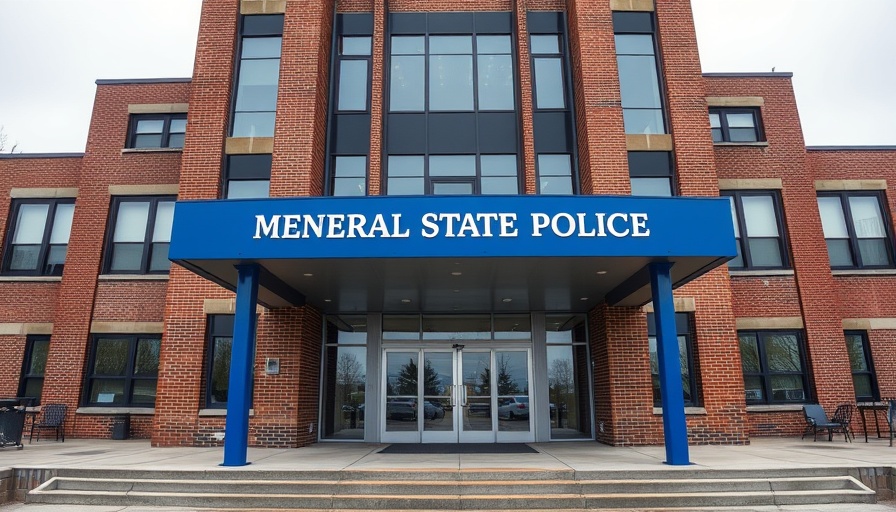
Massachusetts Driving School Manager's Prison Sentence Highlights Public Safety Risks
In a significant ruling, Scott Camara, a driving school manager from Rehoboth, was sentenced to one month in federal prison for his involvement in a bribery scandal that compromised public safety. This action follows significant scrutiny of the practices surrounding Commercial Driver’s Licenses (CDL) in Massachusetts.
Compromising Standards: The Scandal Unfolded
Camara's conviction for falsifying records not only highlights the actions of one individual but also raises concerns about the broader implications of leniency within the state's licensing system. By giving misleading passing scores to four Commercial Driver’s License applicants who never took the mandatory skills tests, Camara placed unqualified drivers behind the wheel of heavy trucks and buses. Such an act brings into question the integrity of CDL enforcement in the state and the importance of rigorous testing, upheld by the Federal Motor Carrier Safety Administration.
Bribery and Perjury: Legal Ramifications
In addition to his sentencing, which includes a year of supervised release, Camara pled guilty to perjury—a serious offense that reflects the lengths to which he went to protect his interests over public safety. Under federal law, CDL testing is designed to ensure that only qualified individuals operate large vehicles, underscoring the critical balance between regulation, enforcement, and public safety. This case serves as a cautionary tale about the potential dangers posed when personal connections jeopardize the rules of safety and accountability.
Repercussions and Ongoing Investigations
Despite the scandal's resolution for Camara, the repercussions have extended further. All four troopers who received false licensing are being scrutinized by the Massachusetts Registry of Motor Vehicles. The investigation revealed that these individuals had not only benefited from insider connections but had potentially endangered the community they serve. reports have emerged that their licensing malpractice could have produced far-reaching safety implications on Massachusetts roads.
What Lies Ahead for Public Safety Regulations?
This incident is likely to prompt scrutiny and may lead to stricter regulatory enforcement in the state. As the Massachusetts State Police and other agencies reassess their oversight protocols, this case serves as a reminder of the vital importance of transparency and accountability to maintain public safety standards.
As communities in the Boston area reflect on this troubling case, there is hope that it will provoke meaningful conversations about safety regulations in driving schools, ensuring that the priority remains firmly on protecting the public from unqualified drivers.
 Add Row
Add Row  Add
Add 




Write A Comment